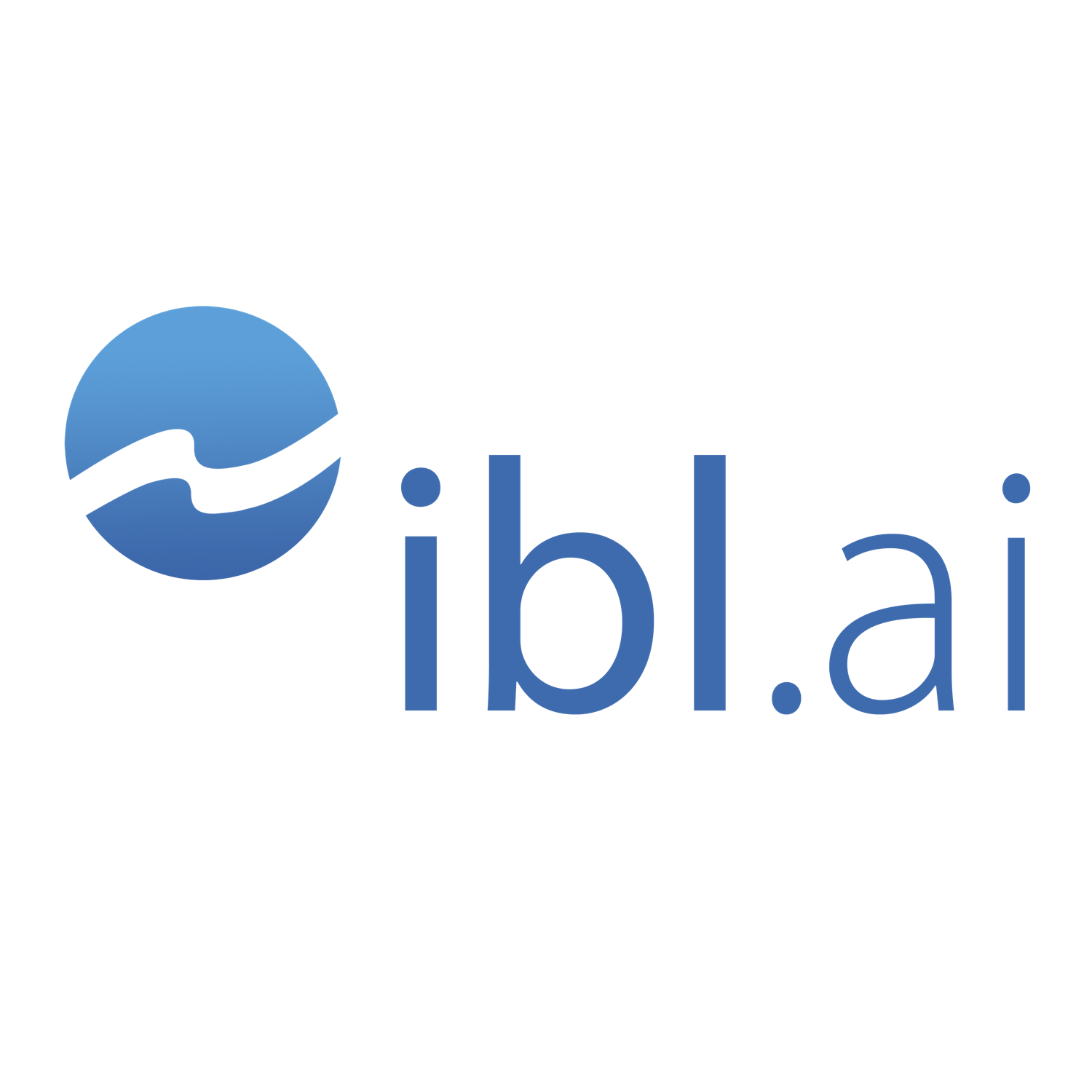Rice: Pedagogical Alignment of Large Language Models
Description
Summary of https://arxiv.org/pdf/2402.05000
This research explores the use of Large Language Models (LLMs) as educational tools. The authors highlight the need to "pedagogically align" LLMs, meaning training them to provide structured, scaffolded guidance instead of direct answers.
The study proposes a novel approach using Learning from Human Preferences (LHP) algorithms, which leverage preference datasets to guide LLMs towards desired teaching behaviors. The research addresses the challenge of data scarcity by introducing a synthetic data generation technique using the CLASS framework.
Experiments with Llama, Mistral, and Zephyr models show that LHP methods significantly outperform standard supervised fine-tuning (SFT) in achieving pedagogical alignment.
The authors also introduce novel perplexity-based metrics to quantitatively measure the pedagogical alignment of LLMs.
More Episodes
Summary of https://www.ed.gov/laws-and-policy/civil-rights-laws/avoiding-discriminatory-use-of-artificial-intelligence
This guide from the U.S. Department of Education’s Office for Civil Rights explains how federal civil rights laws prohibit discrimination in education based on race, color,...
Published 11/20/24
Published 11/20/24
Summary of https://institute.global/insights/economic-prosperity/the-impact-of-ai-on-the-labour-market
This report examines the potential impact of artificial intelligence (AI) on the UK labor market. It explores how AI could affect labor demand, supply, and the overall workplace experience,...
Published 11/20/24


